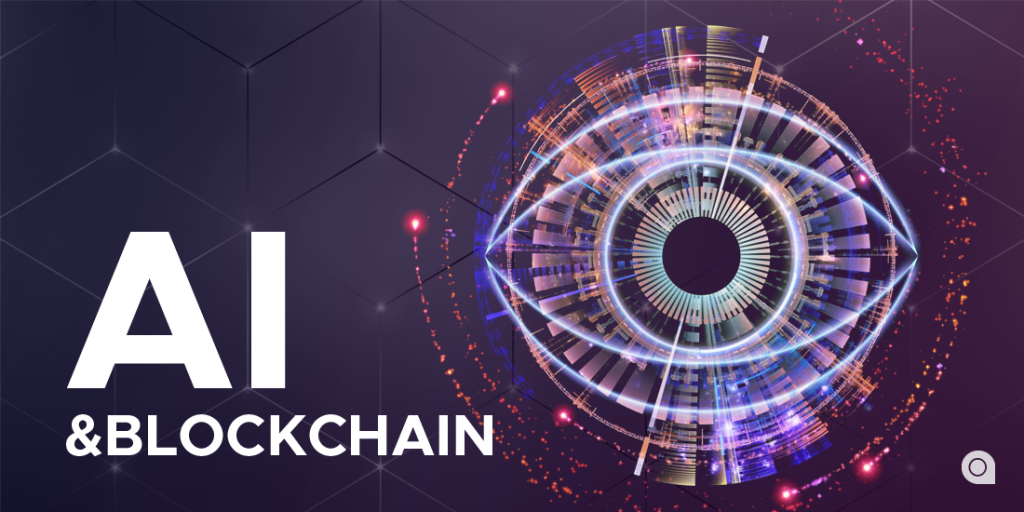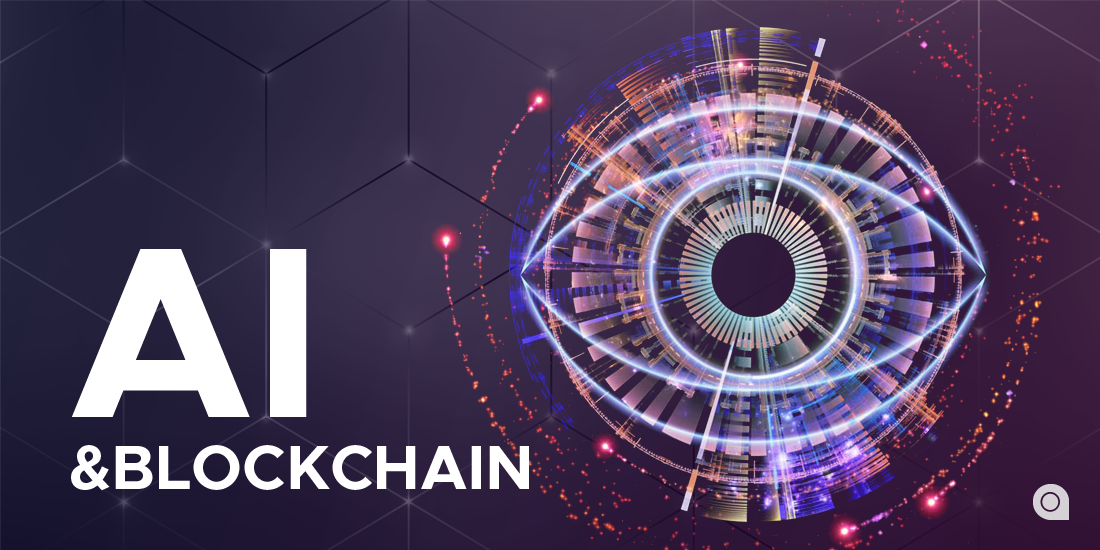
The Role of Blockchain in AI Data Verification
Blockchain technology is poised to revolutionize how artificial intelligence (AI) accesses and utilizes data by ensuring its authenticity. The Polkadot ecosystem, in particular, is preparing to lead this transformation in the data-driven future.
Data: The New Gold
Peter Sondergaard's assertion that "information is the oil of the 21st century" has evolved. With the rise of AI, data has become even more valuable, akin to gold. The global data volume is expected to triple within five years, driven by the demands of AI large language models (LLMs).
AI's Growing Influence
AI's impact on data processing is undeniable, with significant investments pouring into AI startups. In 2023, over 25% of all venture capital invested in U.S. startups went to AI-related projects. This surge highlights the critical need for reliable data to prevent biases and ensure the effective functioning of AI systems.
The Need for Verified Data
AI's reliance on data means that unverified information can introduce significant biases. For AI to achieve its full potential, it must be fed with accurate, authenticated data. Blockchain, with its features of immutability, traceability, and transparency, provides a solution to this problem. However, blockchain networks must overcome their own challenges of scalability and interoperability to support the vast data needs of AI.
Polkadot's Scalability Solution
Polkadot addresses these challenges with its sharded multichain network, which allows parallel processing of transactions, significantly improving scalability. This system breaks data into smaller segments, enabling simultaneous processing across multiple chains. This makes Polkadot an ideal infrastructure for managing the exponential data growth driven by AI.
Enhancing Blockchain Capabilities with Parachains
Polkadot's ecosystem includes multiple parachains, or individual layer-1 blockchains, that extend its functionality. Notable examples include:
- Decentralized Knowledge Graph: OriginTrail, a Polkadot parachain, creates a decentralized knowledge graph to ensure data authenticity. It organizes and verifies critical knowledge assets, enabling AI to access reliable data without relying on a single central authority.
- AI Network for P2P Collaboration: Bittensor, another Polkadot-based project, fosters a decentralized, tokenized machine learning network. This open-source protocol incentivizes peer-to-peer sharing and collaboration among AI models, enhancing accuracy and reducing corruption risks.
Polkadot's Vision for the Future
Polkadot's forward-looking approach and robust platform position it at the forefront of the AI revolution. By offering scalable and secure infrastructure, Polkadot aims to support the massive data processing needs of AI, unlocking productivity and solving real-world challenges as the AI landscape rapidly evolves.

